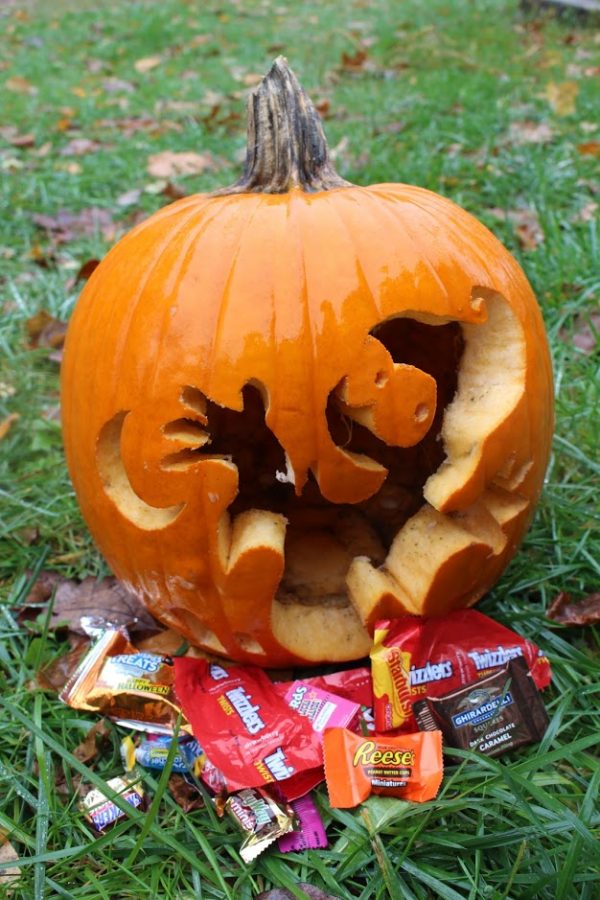Halloween: Is it weekend worthy?
November 3, 2017
For the past 2,000 years in the United States, Halloween has been a widely celebrated holiday every Oct. 31. This holiday urges people to go to haunted houses, carve pumpkins, and most of all, go “trick or treating”, which is the activity of going door to door, asking for candy. Unfortunately, when the holiday that is celebrated by most children falls on a weekday, sometimes their night full of costumes and candy is cut short. Parents are forced to make the decision: let them stay out and be tired at school the next day, or enforce a bedtime to make sure the children are well rested.
Halloween on a weekday causes a variety of problems. Children are more inclined to put off doing homework because they are more focused on what their costume will look like and what type of candy they’re going to get that night. Children also have a higher chance of going to bed late which leads to tired children at school the next day. When children are sleep deprived, they aren’t able to perform as well as they would with a full-night’s sleep. These types of problems can potentially lead to falling behind and doing poorly in school. Lack of sleep and the inability to focus at school are both very important things that aren’t worth being sacrificed when this problem can easily be fixed. An effective way to prevent this reoccurring problem would be to change the date of Halloween to the last Saturday of October.
If the date of Halloween were to be changed, parents and their children wouldn’t be faced with this dilemma. This change would ensure that Halloween is never on a school night. It would allow children to enjoy themselves on the holiday and give them the ability go to bed late without the worry of getting up early the next day.
While it may seem that switching the date of Halloween is an obvious solution, some people think differently. The people on the flip side of this argument say that changing the tradition of this holiday is wrong. Centuries ago, it was named that Nov. 1 was All Saints Day, which lead to the night before to be named All Hallows’ Eve. On this night, people dressed up as demons and ghouls to scare away the actual immortal creatures that they believed came out that night. Changing the date of Halloween won’t change the meaning of this holiday or how it’s celebrated. Therefore, switching the date of Halloween to benefit modern day families isn’t doing any harm to people who still observe this holiday as it was traditionally.
Changing the date of Halloween to the last Saturday of October will not only make planning activities more convenient for families across America, but also decrease the chance of children struggling in school due to sleep deprivation. Therefore, this country should focus on helping modern day children instead of living in the past.




